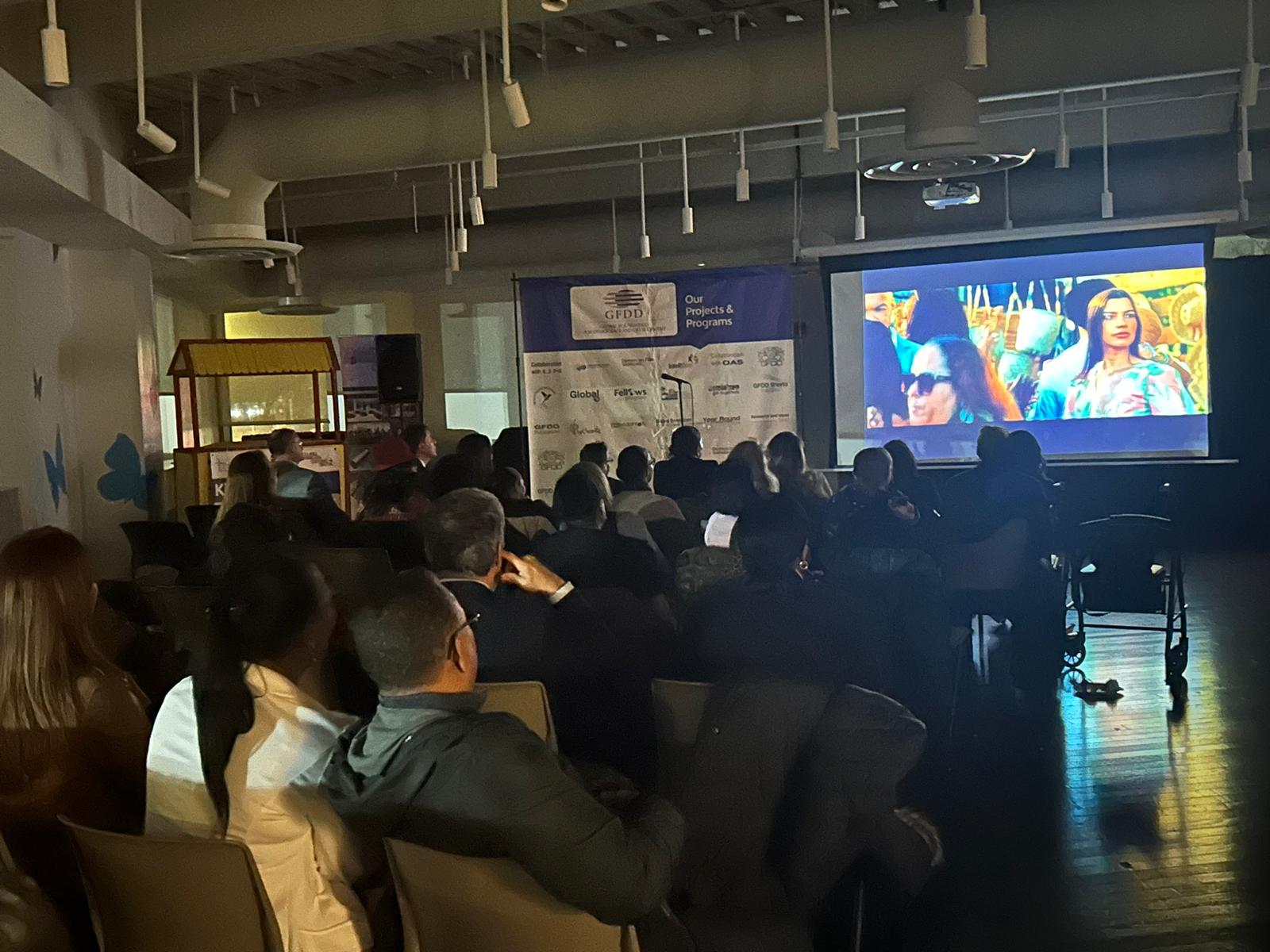Leaders of the Telecommunications Sector Explain to Foreign Experts the Current State of Cyber Security in the DR
 | Leaders of the Telecommunications Sector Explain to Foreign Experts the Current State of Cyber Security in the DR The current situation in the area of cyber security in the Dominican Republic was discussed with international experts from leading telecommunications companies and internet service providers, among other public and private organizations, during meetings of the sector that took place behind closed doors at the Dominican Institute of Telecommunications (Indotel), with a view to establishing the National Cyber Security Strategy in the country. Experts Liina Areng, from Estonia; Michael Rego, from Spain, and Kerry Ann Barrett, a specialist on cyber security at the Organization of American States (OAS), met with representatives of the telecommunications, financial and business sectors, ICT companies, and the justice, tax and legislative sectors. They also met with critical infrastructure operators and regulators in the areas of aviation, ports, transportation, energy, water, sanitation, and investigators of high-tech crimes and offences, among other participants from the public and private sectors. During the sectoral meetings that were held in the multipurpose room of Indotel, an open dialogue took place with each of the aforementioned sectors in order to gather information that will be taken into consideration in developing the National Cyber Security Strategy. Then, the experts held a meeting with representatives of the Department of High Tech Crimes and Offences (DICAT for its acronym in Spanish) of the National Police; and with the Division of Investigation of Cyber Crimes (DID), of the National Department of Investigations (DNI). Previously, Areng, Head of the International Relations at the Estonian Information System Authority, RIA, and Rego, Director General of the National Cyber Security Institute (INCIBE) of Spain, presented their experiences and lessons learned, as well as common mistakes incurred in the development and implementation of National Cyber Security Policies in their respective countries. The subcommittee discussed the essential components for the development of the national strategy as well as the priorities, objectives, responsibilities and working timeframe. The OAS experts provided technical inputs to guide the discussion, which would result in a proposed strategy. The foreign experts and the Dominican representatives made presentations in the framework of the Interagency Meeting for the Development of the National Cyber Security Strategy, which was held in this capital city. A warning was issued during the meeting regarding the fact that governments’ security systems are increasingly vulnerable to cyber-attacks which, according to the explanation, “are any type of offensive maneuver used by individuals or anonymous organizations directed toward computerized information systems, infrastructure, computer networks and personal computer devices, in order to access, steal, alter or destroy a specific target by attacking a vulnerable system.” Cyber-attacks affect key sectors, such as the government, the military, the financial, educational, health, energy, trade, industry and the MSMEs sectors, among others that depend on the continued availability of the Internet and of the critical information infrastructures. The experts explained that these cyber-attacks, in their various forms (cyber-terrorism, cyber-crime, cyber-espionage or activism within the network, among others), have become a powerful instrument of aggression against citizens, public institutions and enterprises, causing extensive damage at the national and international levels. “The Dominican Republic, like the rest of the countries of the world, is largely exposed to cyber-attacks, and, therefore, must work to respond to these threats,” they pointed out. In this regard, they brought up the need for a National Cyber Security Strategy that allows for the development of a dynamic, flexible and secure cyberspace, and for the proper management of the critical infrastructures that would support these systems. |

Related News
-

(Versión en español) El agroturismo diversifica la oferta turística dominicana
-

(Versión en español) Cultura pone en circulación obra ganadora del Premio Anual de Historia 2020
-

The Dominican Film Showcase Celebrates the Presentation of "Colao 2"
-

(Versión en español) Inauguración de la XII Feria Semana de la Geografía 2024
-

Dominicanos en Grandes Ligas
Las ultimas noticias/novedades de lo que acontece con los Dominicanos en las Grandes Ligas durante toda la temporada 2019.

